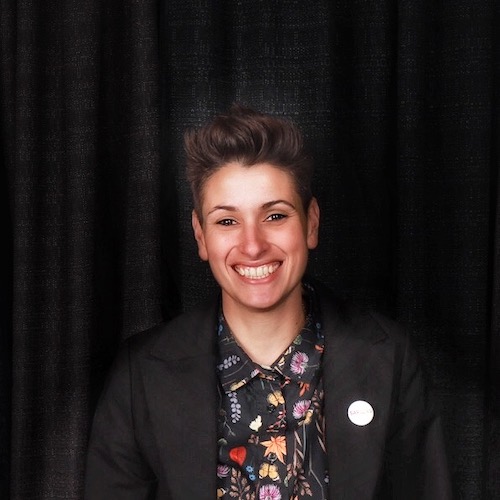Marcela BenítezAssistant Professor
Biography
As a broadly trained primatologist, I am interested in the evolution of primate social cognition, the mechanisms that influence social choices, and under what context these decisions are adaptive. I received a joint Ph.D. in Biological Anthropology and Biopsychology from the University of Michigan in 2016 and recently completed an NSF Postdoctoral Fellow at the Language Research Center at Georgia State University (GSU).
My research program focuses on social cognition and the mechanisms driving social behavior in nonhuman primates. My current research examines how conflict influences cooperative decisions (i.e., parochial altruism) in capuchin monkeys, and the roles of testosterone and oxytocin in promoting cooperation during conflict. I am the co-director of a long-term field project, Capuchins de Taboga, examining the cognition and behavior of wild white-faced capuchins in the Guanacaste Region of Costa Rica.
When not following monkeys through the forest, I work to increase visibility and opportunities for minority and queer students interested in Anthropology and STEM fields.
Research
My research program focuses on social cognition and the mechanisms driving social behavior in nonhuman primates. Specifically, I'm interested in how primates make important social decisions, what underlying factors impact these choices, and why these decisions are adaptive. I approach these questions from an evolutionary and comparative perspective while utilizing a mechanistic approach, through the integration of experimental paradigms in the wild, and the assessment and manipulation of hormones. My current research examines how conflict influences cooperative decisions (i.e., parochial altruism) in capuchin monkeys, and the roles of testosterone and oxytocin in promoting cooperation during conflict. My long-term objective is to examine the evolutionary roots and biological underpinnings of parochial altruism by comparing decision-making during conflict across the primate taxa in both captivity and in the wild.
I conduct this work on wild white-faced capuchins at my research station, Capuchinos de Taboga, in the Guanacaste region of Costa Rica, and with captive tufted capuchins at the Language Research Center at Georgia State University. Capuchins are an ideal model system for these questions as they are highly intelligent, social, and cooperative primates. In the lab, capuchins routinely work together to achieve a common goal, and in the wild capuchins regularly form coalitions to intimidate rivals. By combining wild and captive work, as well an integrating experimental paradigm in these monkey's natural habitats, my work is uniquely suited to unpack both proximate and ultimate mechanisms of social decision-making in primates, offering a promising avenue for understanding the importance of sociality, cooperation, and conflict on primate cognitive evolution.
